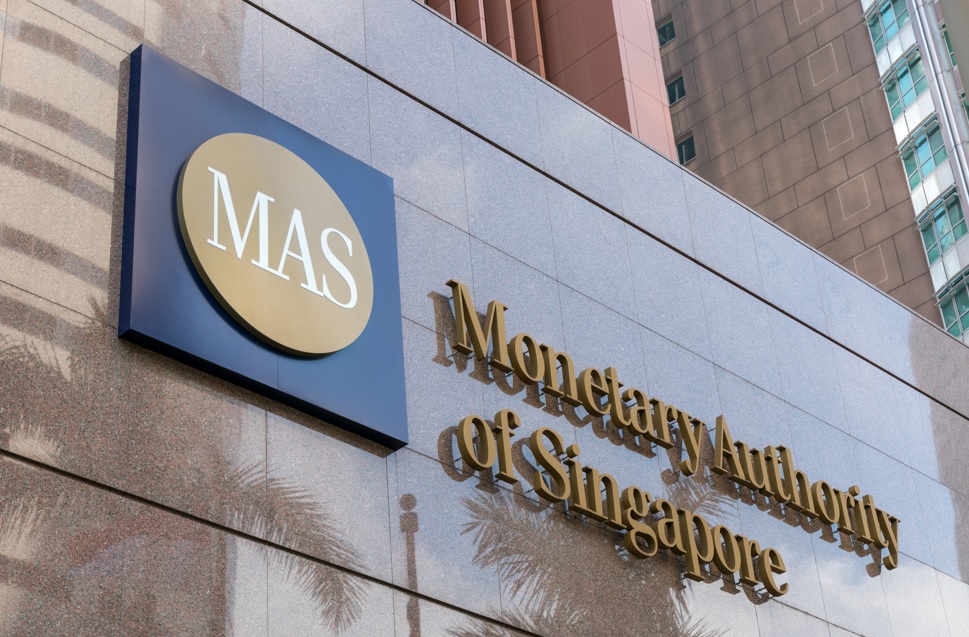
-
Dorsey, also the CEO of payments firm Square, stepped down on Monday
-
Tom Lee says its people like Dorsey who can marshal support for crypto innovation
-
Square has increasingly set itself as a pro-Bitcoin firm, including unveiling plans for a bitcoin decentralised exchange
Jack Dorsey’s decision to exit Twitter as the firm’s CEO could end up benefiting cryptocurrency, Fundstrat Global Advisors co-founder and managing partner Tom Lee has said.
Dorsey, who stepped down on Monday and plans to focus on payments firm Square, is also a vocal supporter of crypto (more so the pioneer cryptocurrency Bitcoin (BTC)).
Notably, it’s Square that might be at the center of Dorsey’s focus on crypto and Bitcoin innovation, an outlook that sees Lee opine that the ex-Twitter CEO’s exit is bullish for cryptocurrency.
Lee notes that the crypto space doesn’t have “enough capital actually allocated toward crypto innovation.” During an interview with CNBC’s “Tech Check”, the Fundstrat chief explained that its people like Dorsey have the capacity to really invest and marshal support for broader crypto development.
Jack Dorsey’s departure bullish for #bitcoin?
.@fundstrat: „there isn’t enough capital allocated toward crypto innovation, so it takes ppl like Jack Dorsey to really marshal focus and I don’t think the space is overinvested yet“ pic.twitter.com/hkZh7xQDtU
— Deirdre Bosa (@dee_bosa) November 29, 2021
Square taking steps towards crypto innovation
Square, MicroStrategy and Tesla are three of Wall Street’s biggest bitcoin-invested companies, with the addition of BTC on the firm’s balance sheet contributing to increased revenues amid rocketing prices. But that’s not all.
Square’s focus on making it easier for people to invest and spend their BTC has been gaining traction lately and could accelerate now that Dorsey could be fully immersed at the company.
In July, the payments firm announced plans to have the Bitcoin network work with decentralised finance (DeFi) applications. In October, Dorsey revealed that the platform was considering setting up a solar Bitcoin mining operation.
Other than that, Square announced in June that it was working on a Bitcoin hardware wallet targeted at institutional investors and is in the process of developing a decentralised exchange (DEX) as detailed in a recently released whitepaper.
The spike in crypto interest has been driven by major developments in the DeFi, NFTs, and currently Metaverse sectors. Yet, Lee thinks Square’s Dorsey could do even more, telling CNBC that he doesn’t believe the burgeoning cryptocurrency sector “is over-invested yet.”
Lee’s perspective resonates with that of GK ETF founder and CEO Ross Gerber, who also believes Dorsey’s resignation from Twitter makes sense and could be beneficial to Square Inc.
Looks like @jack is all in on crypto and square. Leaving twitter as it’s kind of a nightmare to run. Makes sense and good for $SQ – $twtr
— Ross Gerber (@GerberKawasaki) November 29, 2021
According to Lee, cryptocurrency provides for the “intersection of financial services and technology,” which means it potentially touches on “literally 60% of the economy.”
Meanwhile, the Fundstrat exec sees Black Friday’s markets sell-off as “horrific” and a massacre largely driven by panic selling. The downside was also heightened by the shortened trading day in the equities markets. But he notes that it offered a window of opportunity to investors.
Bitcoin is trading around $56,986 at the time of writing, about 1.3% down on the day and nearly 18% off since reaching its all-time peak of $69,044 on 10 November.
The post Fundstrat’s Tom Lee: Jack Dorsey’s departure from Twitter is “bullish for crypto” appeared first on Coin Journal.



